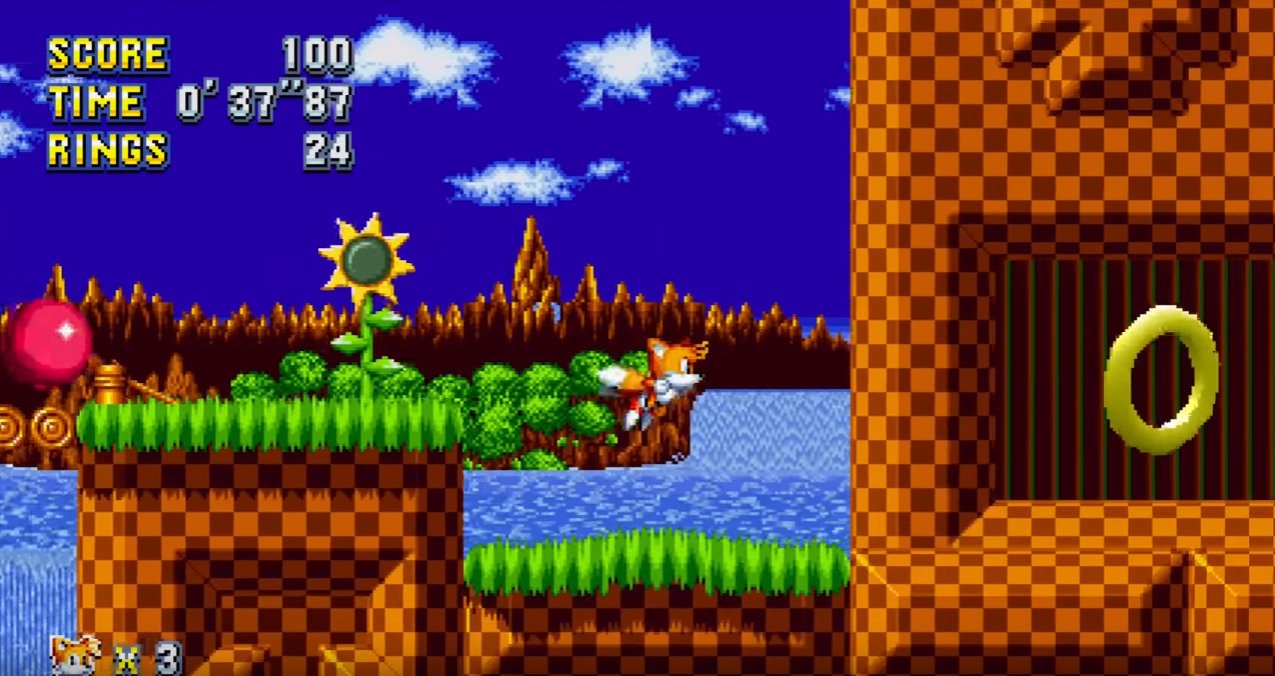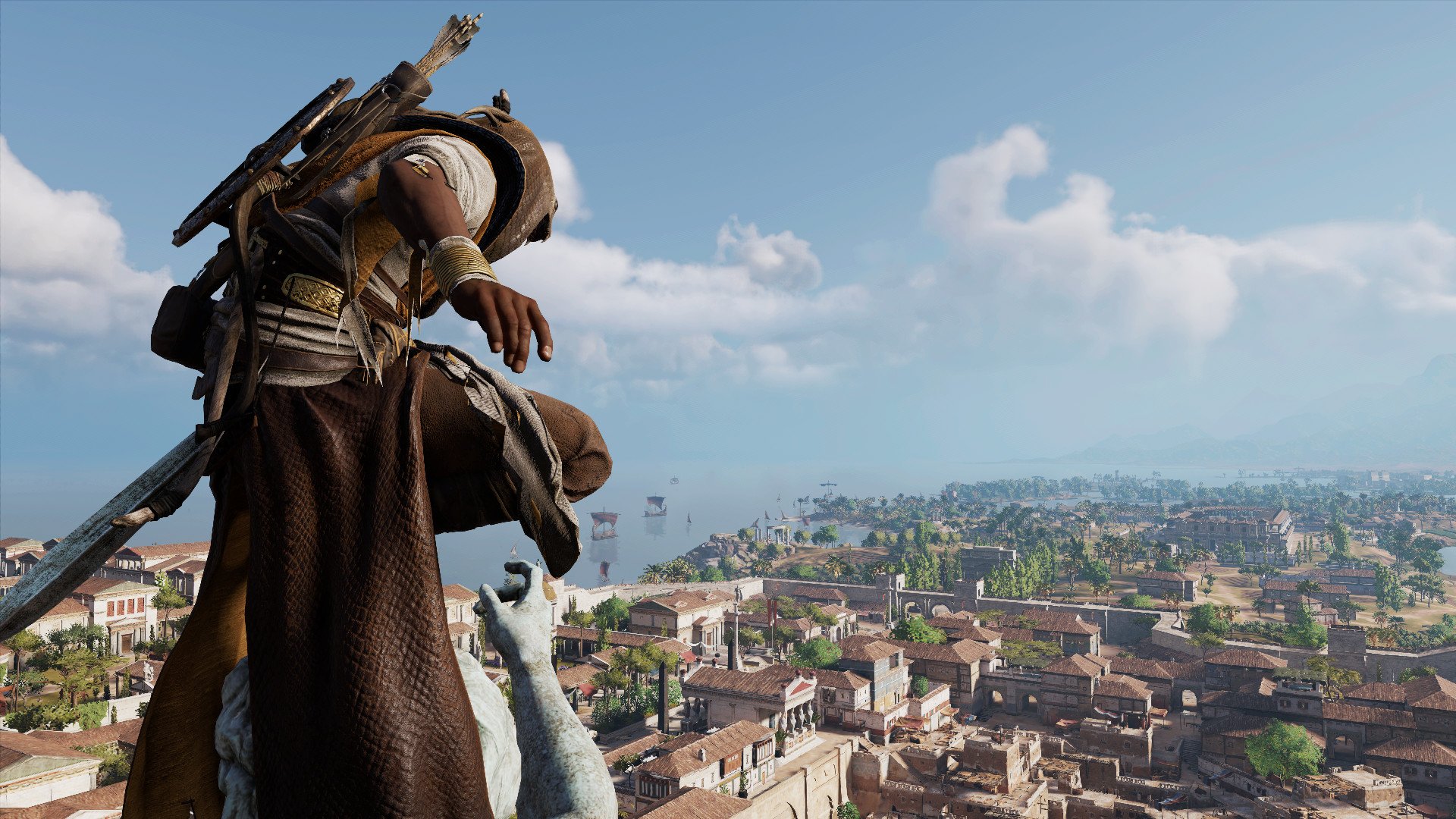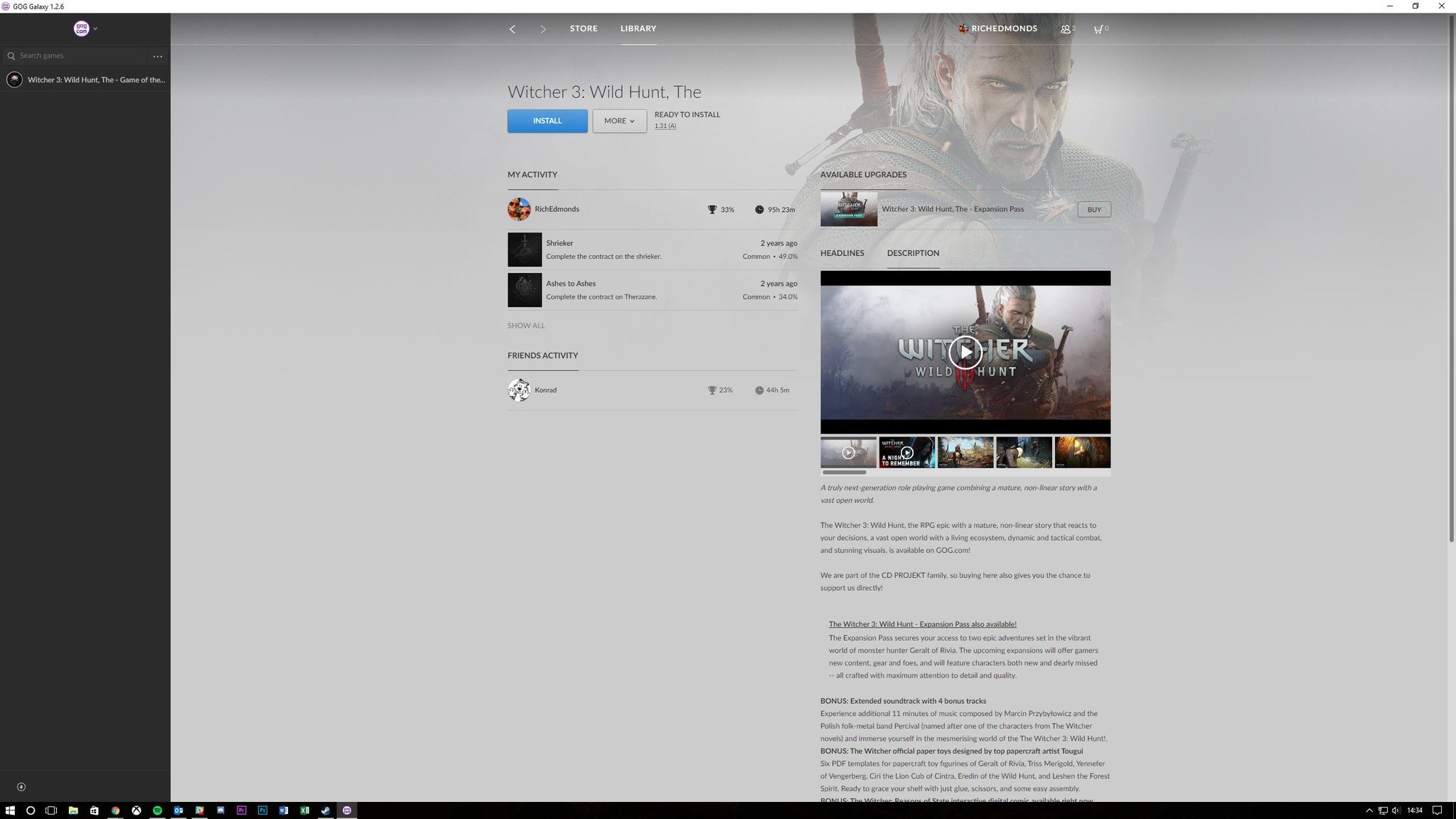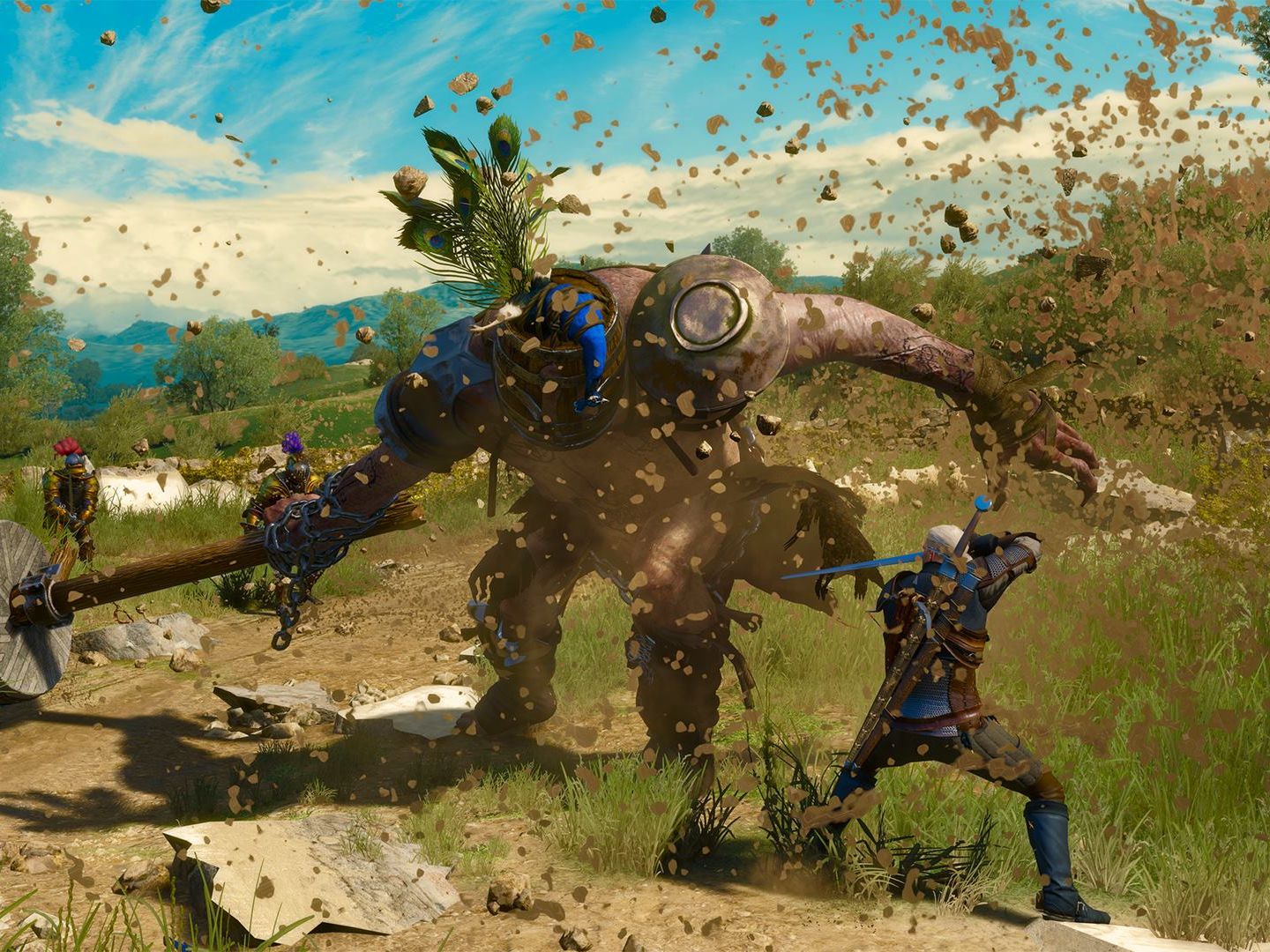How aggressive DRM in games only hurts the consumer
Digital Rights Management (DRM) sucks and game publishers know it.

All the latest news, reviews, and guides for Windows and Xbox diehards.
You are now subscribed
Your newsletter sign-up was successful
DRM has been around for years in video games, and it has never really solved the issue that is piracy. The issue I have with DRM is companies putting profits ahead of customer satisfaction, much like the plague that is loot crates. Aggressive forms of protection can have a negative effect on the game experience, requiring a constant internet connection, signing into an account or software that hogs valuable system resources that could (and should) be used by the game.
Assassin's Greed: Denuvo

The launch of Assassin's Creed: Origins (our Xbox One review — I, too, like it a fair amount) has been tainted by aggressive DRM that has reportedly hampered performance on a number of PCs. The game itself is protected by a form of DRM protection called Denuvo (which doesn't really work), followed by VMProtect to make it even more difficult for the title to be "cracked" — where someone alters game files to allow anyone to download the game without paying for it without issue.
This protection works by checking files before launching the game to ensure nothing has been altered. Once a crack has been developed, these checks are no longer made, and thus anyone can simply install the game after downloading it from somewhere. It sounds like something you'd agree with to protect the profits of a studio that worked hard on the said title (I don't necessarily agree with not paying for a product or service and using it). But when it comes to instances like Assassin's Creed: Origins where the performance of the game is affected, this is where it becomes a problem.
What makes matters worse is how legitimate purchasers of AC will have their experience hampered by said CPU spikes, while those on a future cracked release may not encounter this problem as the DRM protection will have been nullified. That's if the DRM is causing the issue. Ubisoft has stated that the protection is not the cause, but it's either that or poor optimization. And Assassin's Creed has four forms of DRM protection, by the way. Not only do we have Denuvo and VMProtect, but also Steam and UPlay. If that's not overkill, I don't know what is. And that kills me inside because I like the latest AC.
If you bought Assassin's Creed Origins and found the performance to be lackluster and realize there's an illegal copy that works just fine, would that encourage you to make a purchase on the next installment or hold off and grab a cracked version?
Push for no DRM

Ubisoft isn't alone when it comes to including this type of protection. SEGA included Denuvo in Sonic Mania for PC and required players to be connected online to play that game. It makes no sense to force your customers onto the internet to play a single-player (with same-screen co-op) Sonic game. There are countless similar examples.
There's already a platform where games can be bought without DRM, called GOG. There's no need to login to play a game, you can download a separate installation and use that on another PC that does not have GOG installed, which also allows for a full back up of the game (in case GOG is to be shut down at some point in the future). That's a user-friendly experience and is continuously well-received by consumers. Nothing gets between you and the game.
All the latest news, reviews, and guides for Windows and Xbox diehards.
DRM doesn't work but publishers still use it.
Companies are going to have to come to terms with the fact you cannot halt piracy. The game will be available for free at some point and DRM becoming more invasive will only turn more people to pirating copies if the performance of a paid release is shocking, which is the opposite of what publishers hope to achieve. The humorous part is these same companies already know DRM fails to protect digital content.
Ubisoft's own VP of digital publishing said back in 2014, "I don't want us in a position where we're punishing a paying player for what a pirate can get around. Anything is going to be able to be pirated given enough time and enough effort to get in there. So the question becomes, what do we create as services, or as benefits, and the quality of the game, that will just have people want to pay for it?"

Denuvo is now something that many consumers fear — in fact, some will even skip games that come packing this particular form of DRM. Whether it's invasive software that no one wants to be installed on their PC or having to be connected to the outside world to play a single-player game, DRM sucks, doesn't solve the issue of piracy and only affects paying customers.
When a game is really good, people are incentivized to part with their hard-earned cash. If a game is hampered by protection and isn't worth paying for, they simply won't.

Rich Edmonds was formerly a Senior Editor of PC hardware at Windows Central, covering everything related to PC components and NAS. He's been involved in technology for more than a decade and knows a thing or two about the magic inside a PC chassis. You can follow him on Twitter at @RichEdmonds.
